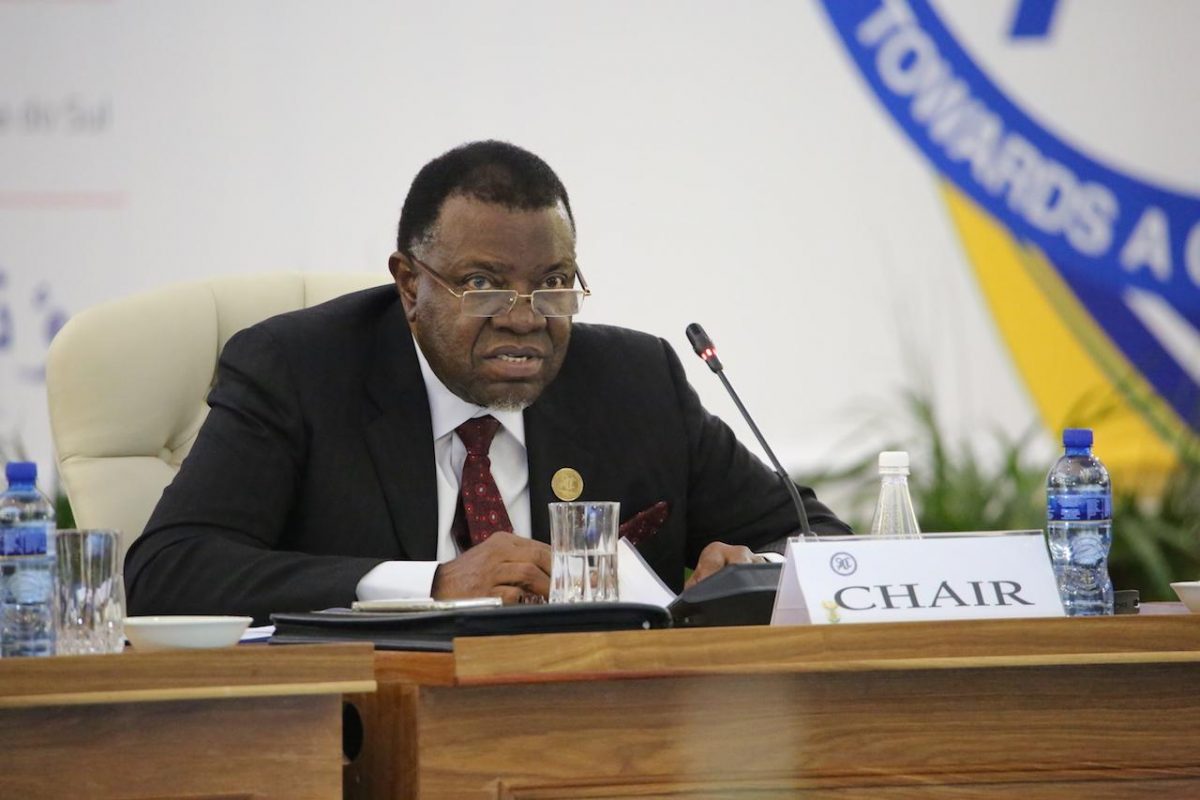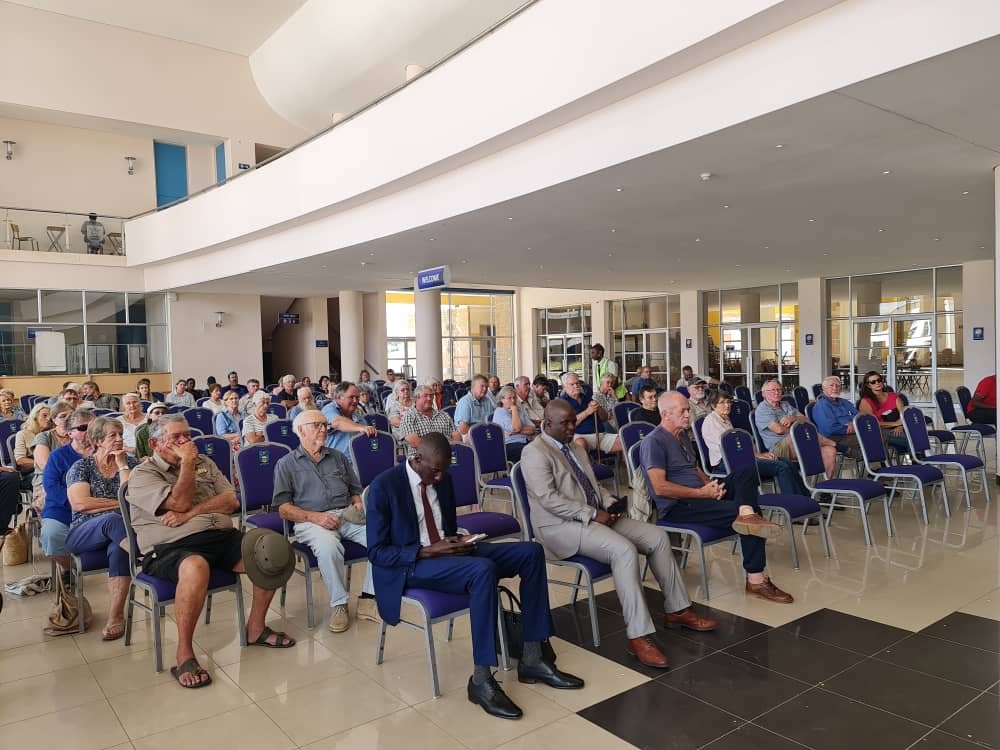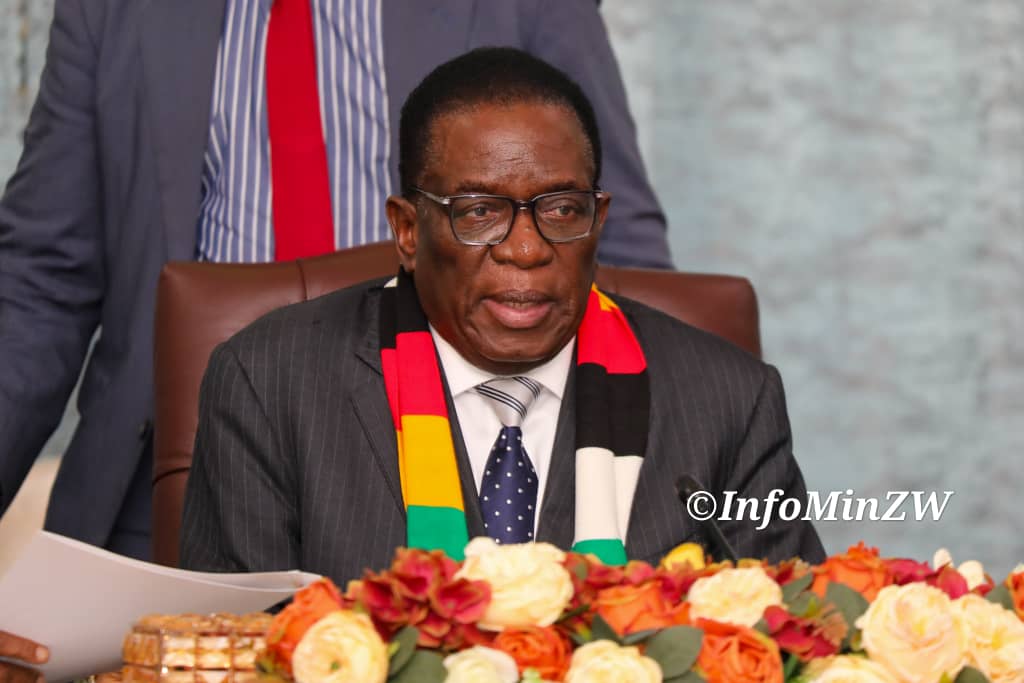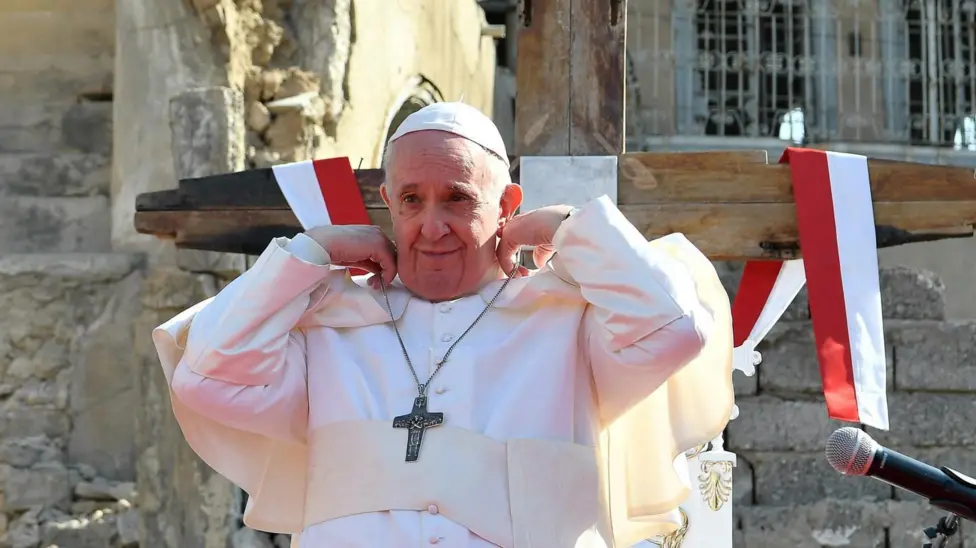PRETORIA, South Africa – Regional leaders meeting in South Africa on Tuesday to express solidarity with Western Sahara, which is under Morrocan occupation, expressed concern after seven members states elected to attend a parallel summit convened by Morocco.
Angola, Madagascar, Zambia, Malawi, the Democratic Republic of Congo, Tanzania and Eswatini were among the 38 countries that accepted Morocco’s invitation.
Represented by their senior ministers, the countries insisted that they were following a United Nations resolution passed in Mauritania last year and not snubbing the Pretoria Conference, which also took place on Monday.
SADC chairman Hage Geingob, the president of Namibia, told the conference in Pretoria: “We were told there is another meeting in Morocco and some SADC members are there. So we must ask if SADC is united in its support for freedom for Saharawi people, or do we need a new approach?”
Zimbabwe’s President Emmerson Mnangagwa, Lesotho Prime Minister Thomas Motsoahae Thabane, Geingob and host President Cyril Ramaphosa were the only SADC heads of state at the conference in Pretoria. Saharawi Arab Democratic Republic (SADR) leader Brahim Ghali and Ugandan President Yoweri Museveni were also in attendance.
“The decolonisation of Africa will not be complete until the day the people of Western Sahara decide the fate of their future status, through a free and fair referendum,” Geingob told the conference.
Ramaphosa, who took time off a gruelling election campaign, said: “We cannot but be moved by the plight of the Saharawi people. It has been 43 years since Western Sahara was annexed. For four decades the people of Western Sahara have had to endure dispossession, displacement, conflict and deprivation of their liberties.”
The Eswatini Minister of Public Works and head of delegation, Christian Ntshangase, said their presence in Morocco was in line with the UN framework in resolving the Western Sahara question.
“We’re aware that there is another meeting in Pretoria, but we believe that this is the conference that would assist the UN to find a lasting and peaceful solution to this region,” said Ntshangase.
Nigeria, a West African superpower, echoed the sentiments of the SADC members when its Foreign Affairs Ministry permanent secretary, Mustapha Lawal Sulaiman, justified their attendance.
“We insist that there should be no parallel process. The Western Sahara issue has been dragging on for too long, and Africa must now speak with one voice,” he said.
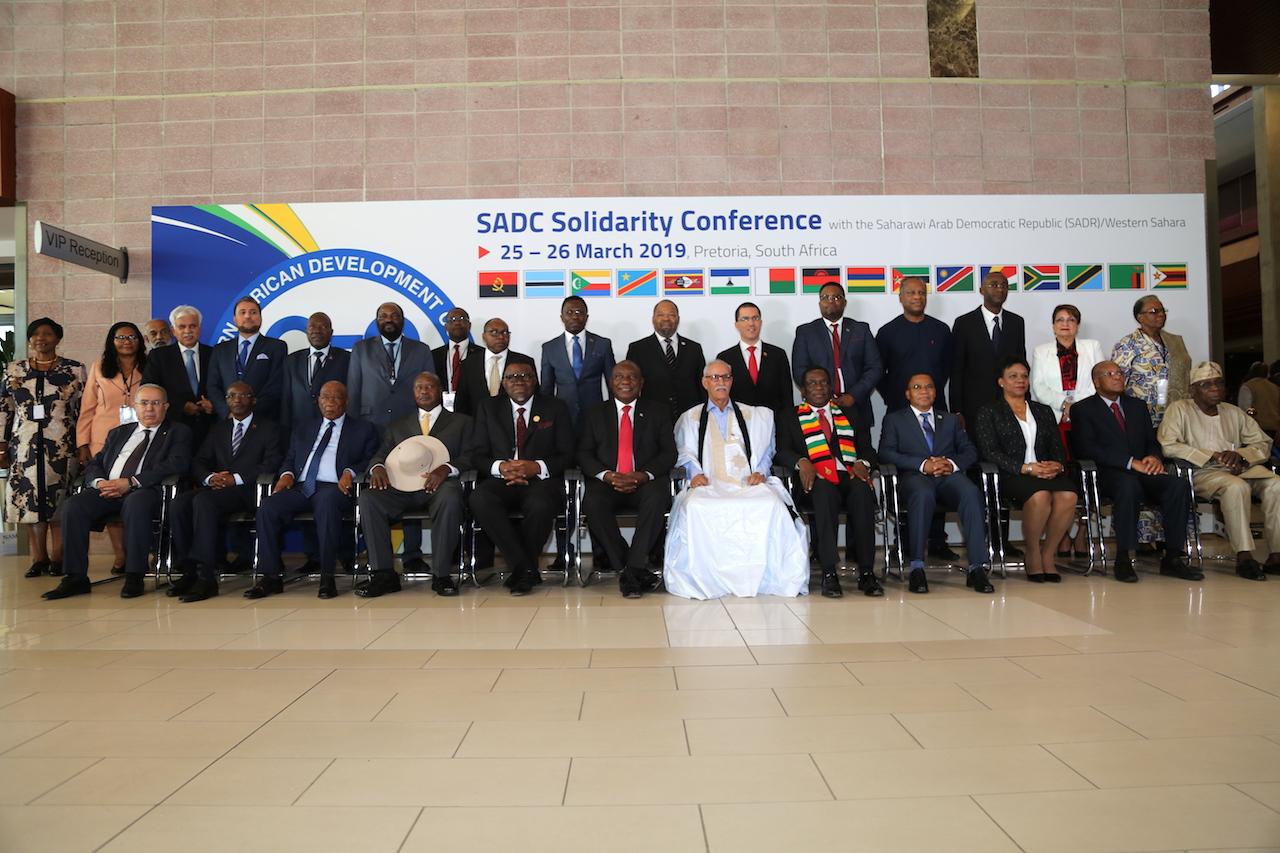
SADC and the African Union have been at the forefront of calling on Morocco to allow Western Sahara to achieve self-determination.
Ramaphosa, Rwanda leader Paul Kagame and Egypt President Abdel Fattah al-Sisi comprise the African Union troika that has been mandated to work with the UN to find a peaceful outcome to the Western Sahara dispute.
The 38 countries that met in Morocco on Monday were unanimous that the continent needed to speak with one voice and that all efforts to break the deadlock must be done through the UN.
Morocco Minister of Foreign Affairs Nasser Bourita called for the same unity of purpose.
“Africa’s best interests call on us to come together. It forbids us to fight. Our watchword should resolutely be that of unity, cohesion and coherence,” he said.
Quizzed on the purpose of running a parallel conference to South Africa, Bourita insisted that Morocco had no intention of causing division.
“This conference is an exact illustration of that royal vision, in that it aims precisely to unite and move forward. No to division, yes to cohesion, no to rear-guard squabbling and yes to rallying for Africa’s real priority causes,” he said.
The ministerial conference concluded with 13 declarations. Chief among them was “the unanimous adoption of decision Assembly/AU/Dec693 on the report of the chairperson of the AU Commission on the Sahara issue, which affirms the exclusivity of the United Nations as the framework for seeking a mutually acceptable, realistic pragmatic and lasting solution to the Sahara issue”.
The ministers also reaffirmed their commitment to the effective implementation of the mandate of the AU troika to preserve the ongoing political process with the exclusive mandate of the UN under the supervision of the Security Council.

